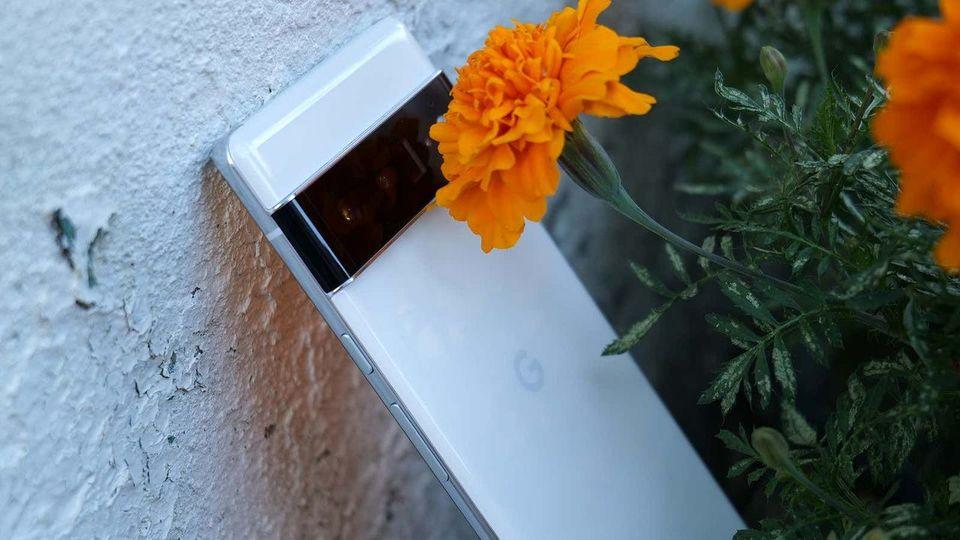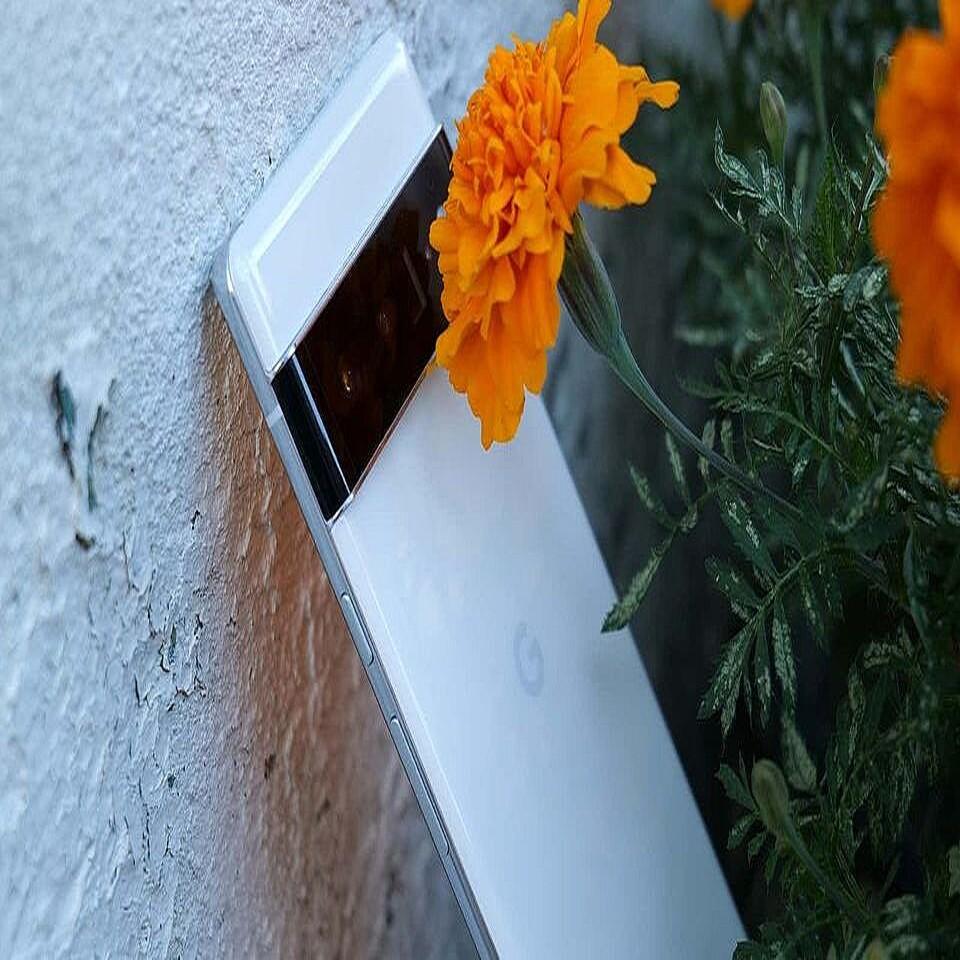
That's it ... Pixel 6's benchmark score, even with machine learning, it loses to iPhone
This is just a benchmark score result.
It's been quite a few years since Google started releasing its own brand of smartphones, the Pixel series. So, has Google emerged as a legitimate smartphone maker? Nonetheless, the latest Pixel 6 series seems to have a good reputation, and is this something to look forward to in the future?

The biggest appeal of the Pixel 6 is probably the existence of the Tensor chip, which Google has independently developed. Unfortunately, a number of benchmark scores have already been put to the test, revealing that the Tensor simply falls short of rival chips such as the Snapdragon 888 and Exynos 2100. That being said, this time it's a chip built by Google for the Pixel, so the software tuning is amazing, and the power of AI and machine learning makes it a finish that can't be measured by benchmarks alone! I thought so.
How smart are Tensor chips?
Gizmochina recently introduced the results of pitting Tensor against the iPhone's A15 Bionic chip in the Geekbench ML app, which provides machine learning-specific measurements. In the TensorFlow Lite CPU test, the A15 Bionic chip scored 939, while the Tensor chip scored 307, less than a third of that. In the Neural Engine field, the A15 Bionic chip was 2727, while the Tensor chip was 1720. The overall evaluation in the machine learning field was 3455 for the Tensor chip, but the A15 Bionic chip was 5934, more than 1.7 times that.
Of course, differences in benchmark scores do not directly reflect differences in user experience. However, based on this objective evaluation, it seems that it will take some time before the Pixel series smartphones demonstrate the power to threaten the iPhone. In the past, Google only focused on improving the performance of smartphones on the software side, and didn't they neglect the hardware side too much? Although such criticism has come out, I'm sure you'd like to expect that the improvement of the Tensor chip will progress more and more in the future and the score will increase.
Source: Gizmochina
